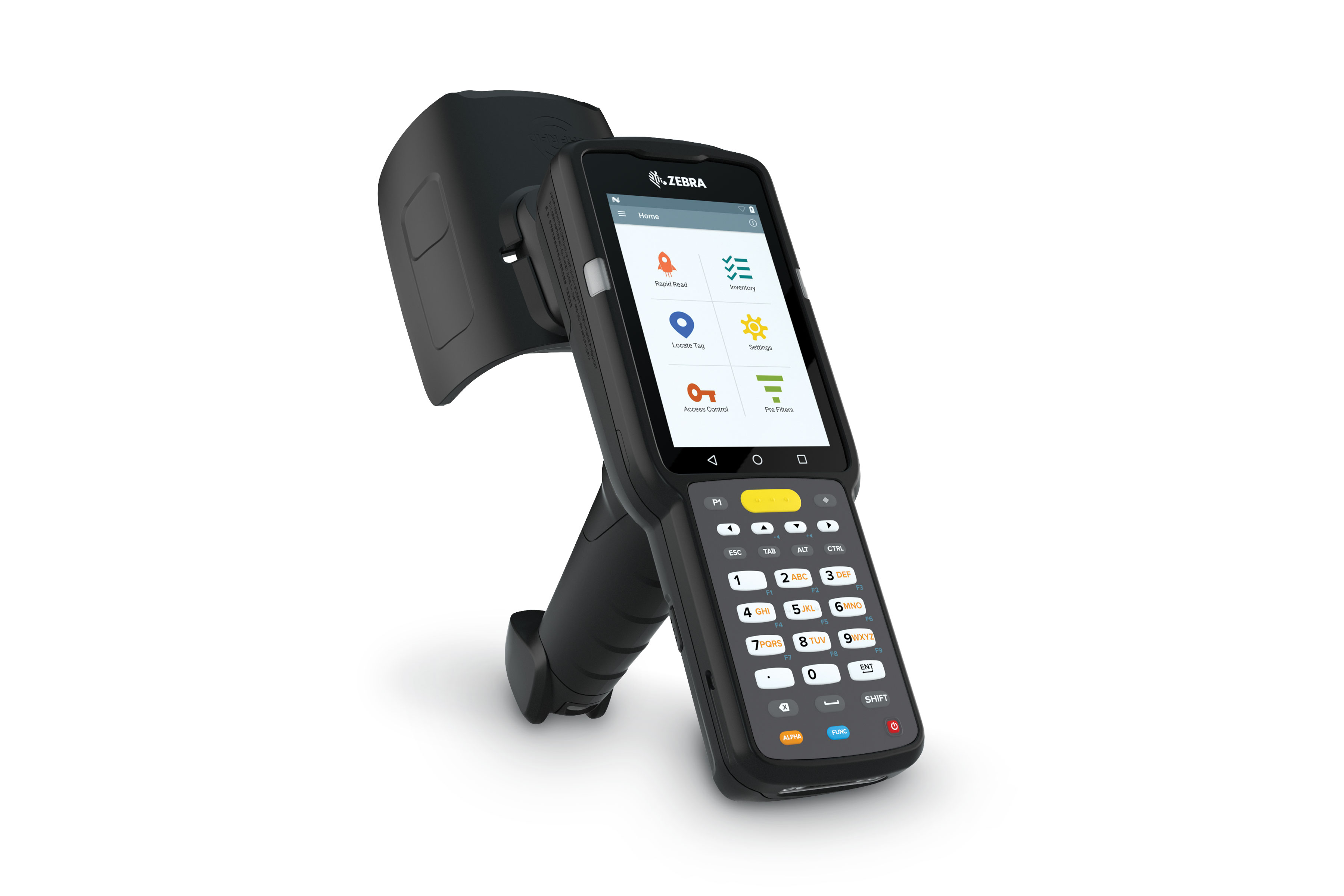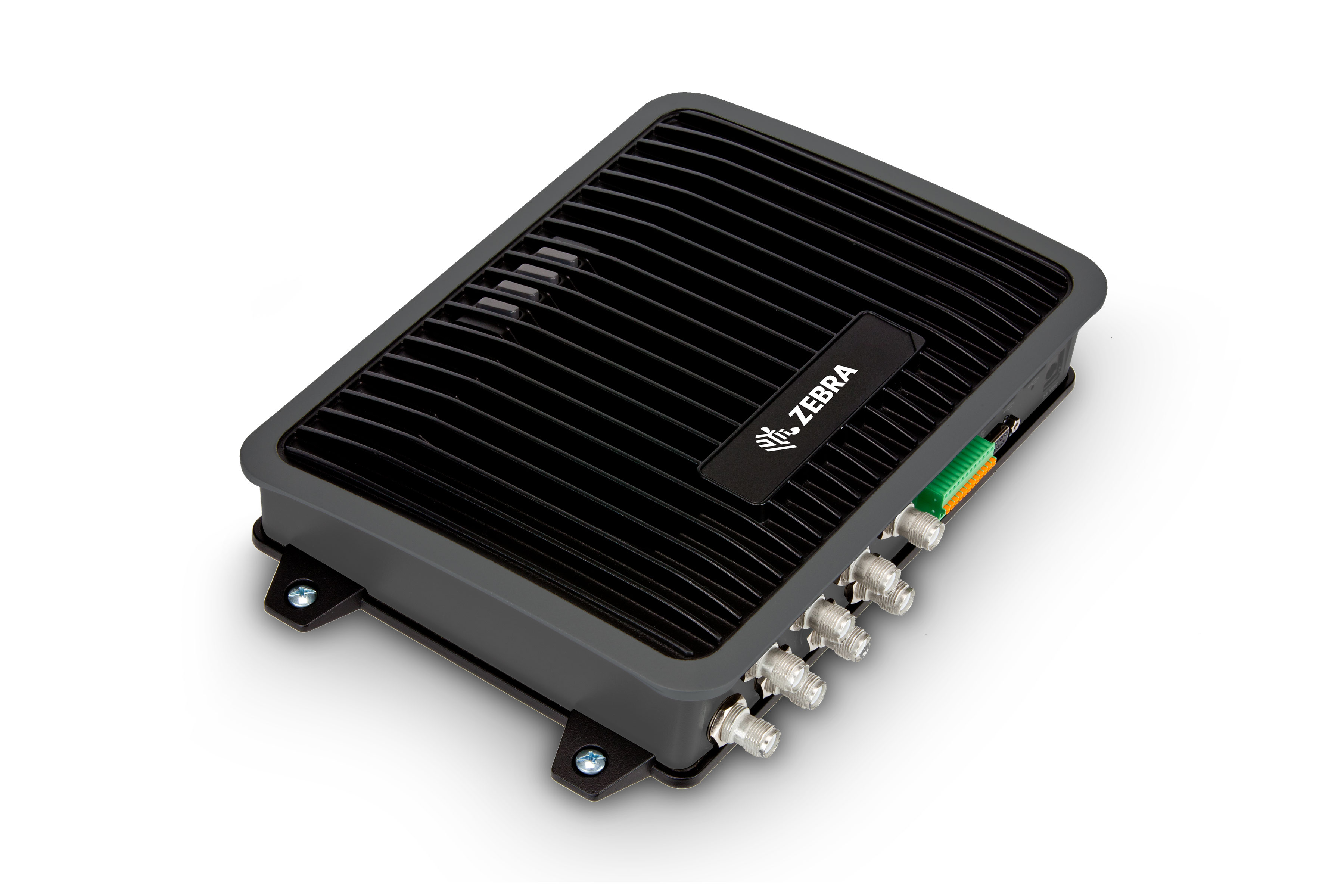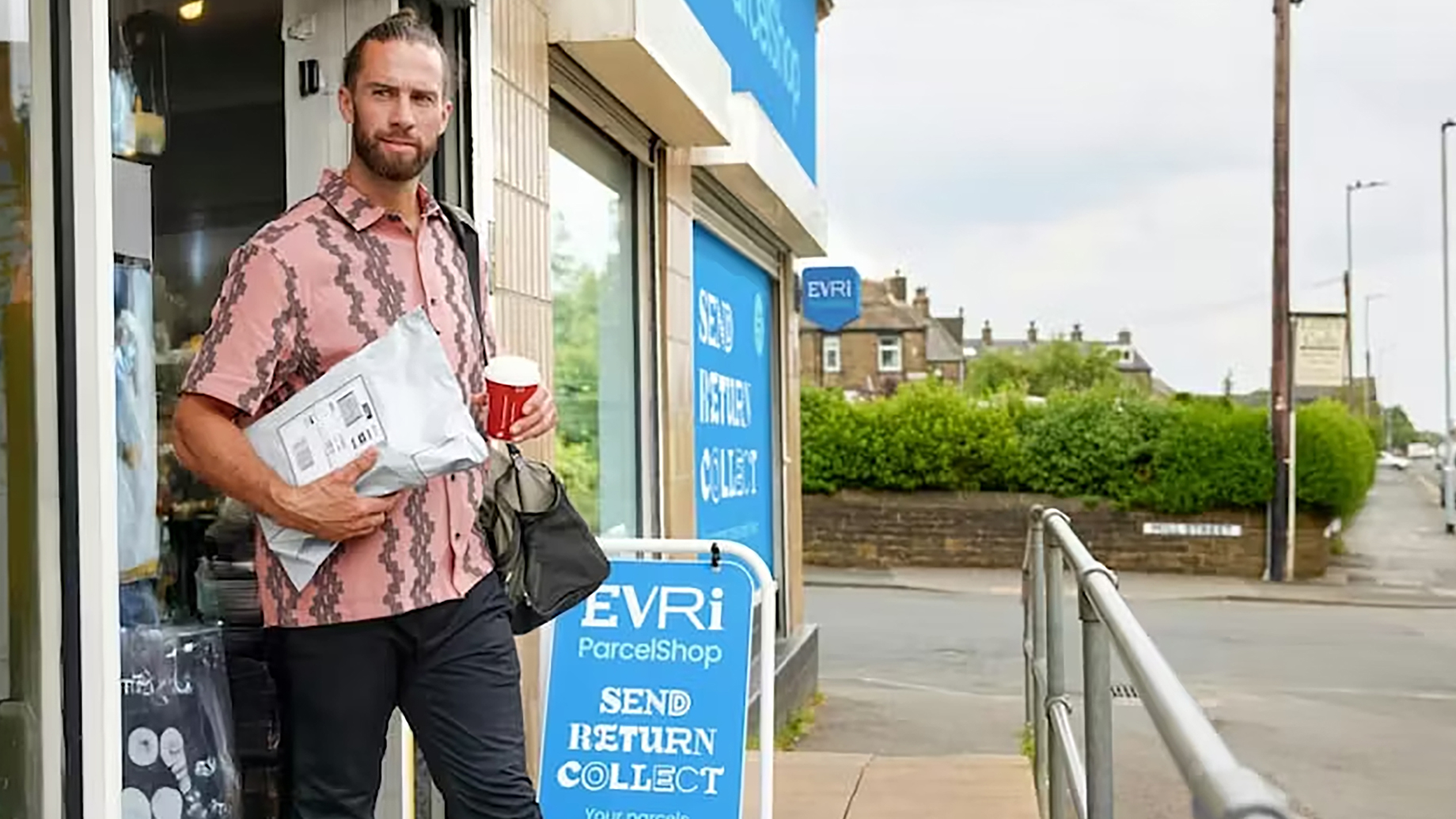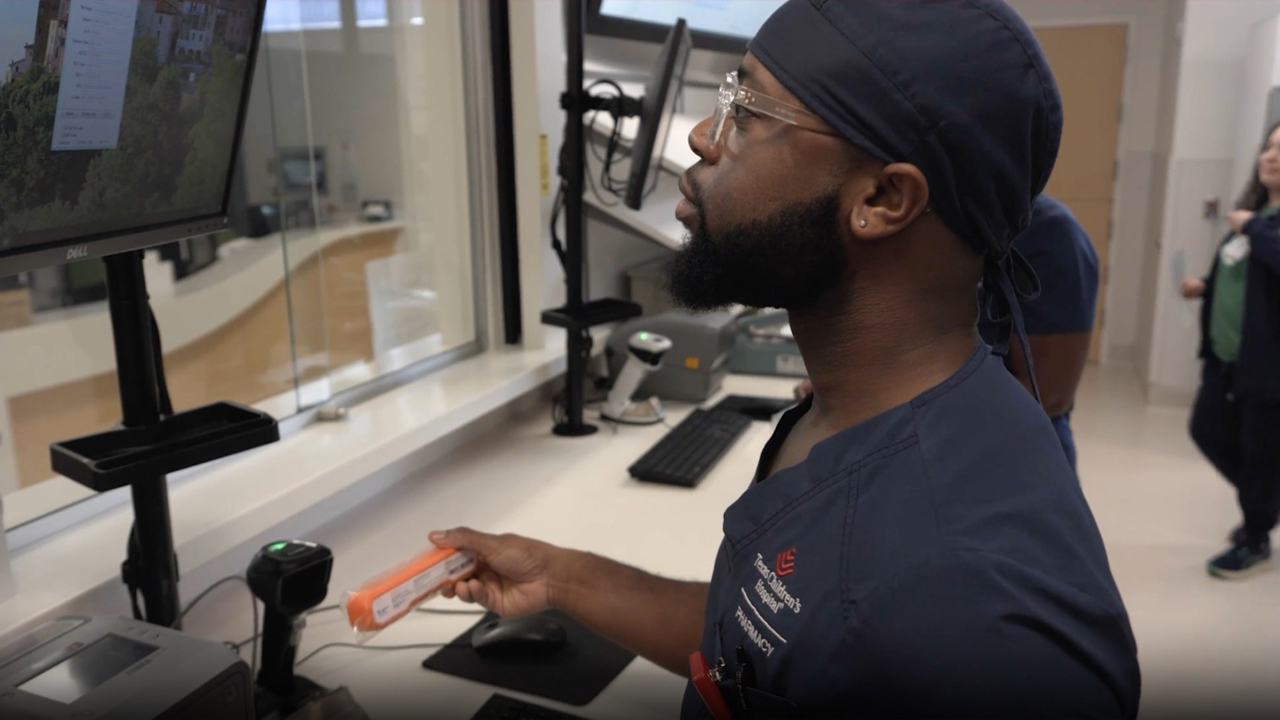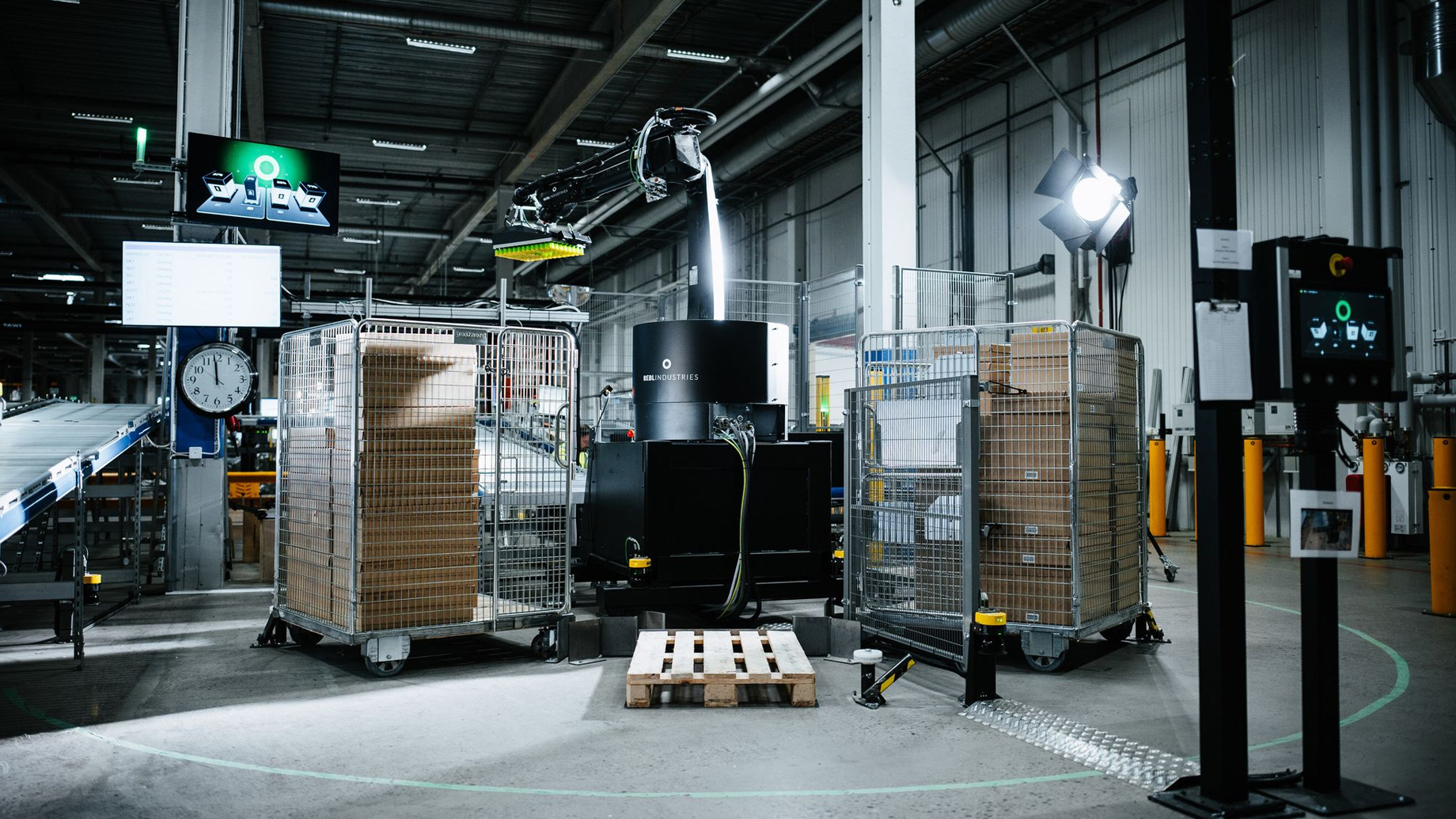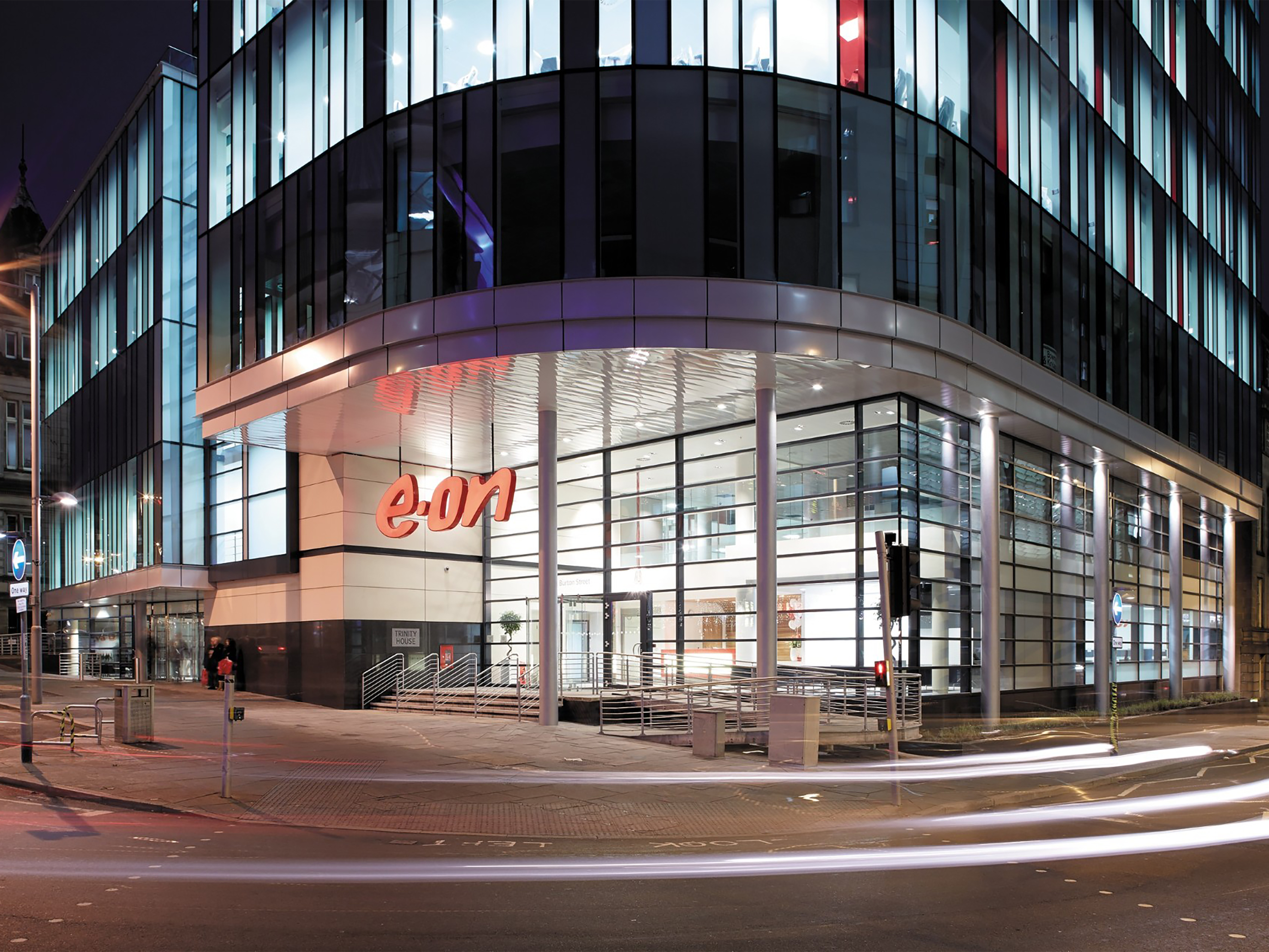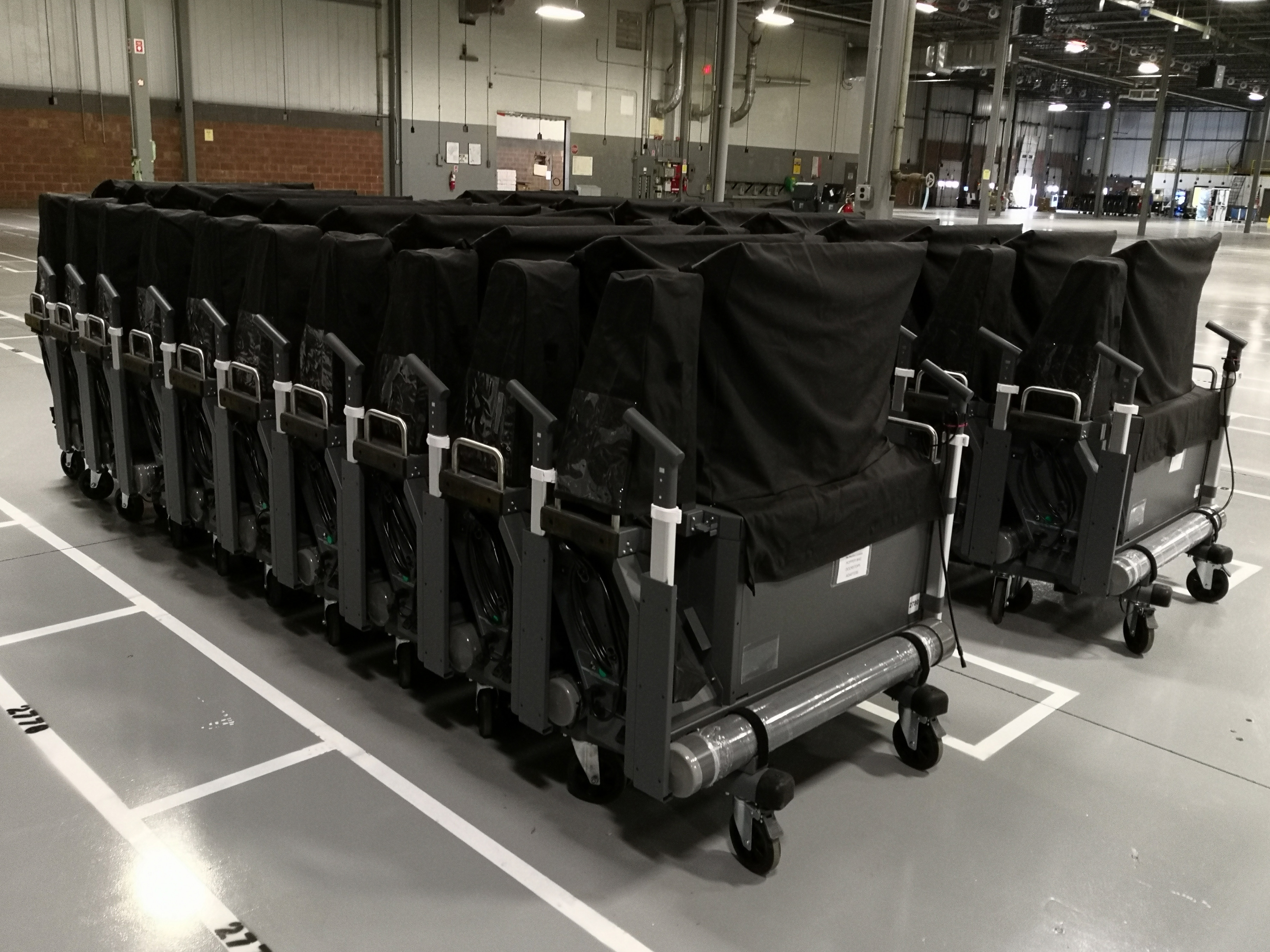
Philadelphia Automates Tracking Of Voting Equipment And Materials
The City deployed Zebra's RFID mobile computers and fixed RFID readers equipped with InThing's Voting Equipment Tracking Software (VETS) to eliminate logjams in the returns process and more accurately track the movements of voting equipment and materials.
Zebra Success Story: Philadelphia Department of Elections
Overview: Government Challenge
Transform the painstaking pen-andpaper method of tracking voting equipment, accessories and ballots (materials) to minimise inefficiencies in election logistics and gain real-time insight of materials returns.
Benefits / Outcomes
- Create a tamper-proof chain of custody for voting materials
- Perform rapid audits of sealed voting kits in the kitting and staging operations
- Achieve error-free delivery of materials to polling centres
- Automate reconciliation of the returning materials in real time
- Discharge the police officers from their election duties earlier
- Save hundreds of thousands of taxpayer dollars in every election cycle
Customers
Philadelphia Department of Elections
Philadelphia, Pennsylvania/USA
Partner
InThing Corporation
Industry
Government
Solutions
About Philadelphia Department of Elections
The way voters cast their votes has changed over time due to factors like technology, controversy and now a pandemic. But one constant in the election process is the importance of accuracy and security. According to the Office of the Philadelphia City Commissioners, more than one million people are registered to vote in the city of Philadelphia alone. This creates the potential for a hectic election night for officials as they gather ballots and other materials after the polls have closed.
The Challenge
Before the November 2019 general election, the Philadelphia Department of Elections relied primarily on pen and paper to track the deployment and return of high-priority voting equipment and materials, including ballots. At the forefront of the department’s concerns was chain of custody. Police officers and other poll officials were expected to file time-consuming paperwork as bags of ballots and other sensitive materials were passed along and eventually returned to the proper officials.
“At the end of the night, we had to make sure we got all this stuff back,” says Nick Custodio, Deputy Commissioner for Chairwoman Lisa Deeley.
Paperwork aside, the process also created a traffic jam. “We had to sit there and check in every single one of the bags, one at a time,” says Custodio. “The line was around the corner and down the street. Everyone was waiting on this one bottleneck. That’s where this idea for RFID came from. We knew the old way of doing things was no longer going to work.”
Everyone was waiting in this one bottleneck and that’s where this idea came from. The old way of doing things is not going to work.
The Solution
The Philadelphia City Commissioners sought a better system for kitting, auditing, distributing, tracking and gathering those voting materials. When the procurement process started, the City stipulated it wanted the best of the best for its highly contested elections. It needed a secure, intuitive, off-the-shelf solution, robust enough to support its mission-critical operations with minimal user training.
InThing’s Voting Equipment Tracking Software (VETS) has the chain of custody control, precinct-based kitting, voting kit auditing, delivery validation, automated receiving, real-time reporting and exception handling capabilities built into the system for rapid deployment within days. InThing’s VETS runs on the Government cloud, which provides the security layer the City needs. It was also important to have something reliable, durable and easy to use. Zebra’s FX9600 Fixed RFID Readers and MC3330xR UHF RFID Readers were the best in the market and integrated well with InThing’s robust software, providing a simple user interface and overall powerful solution. As a result, the City has streamlined the logistics of handling voting materials before and after each election cycle.
The Zebra Difference: Outcome and Benefits
Moving Forward
Philadelphia first used the combined Zebra and InThing solution in November 2020 to manage 3,500 voting machines across 720 polling locations. The City had tagged about 1,700 items and managed its chain of custody from the initial audit at the warehouse to the final reconciliation post-election using the system. During the most recent election cycle in November 2021, the City scaled up its solution to include about 17,000 items, more locations and tighter control on the movement of materials. City officials have since deployed 172 handheld RFID readers and 11 fixed RFID readers to control the entire chain of custody for all its voting materials.
InThing’s VETS provides real-time inventory data and audits the contents of the voting machines. Police officers and poll workers use InThing’s software loaded on the MC3330xR UHF RFID reader to confirm what they have in their possession without tampering with the seal, making the whole process easier, error-proof and much faster than the former manual approach.
Quicker Results and Clearing the Bottleneck
Preparations begin months before each election day. Voting machines, poll books and other materials are tagged and inventoried at the City’s warehouse before they are delivered to the polling centres. Once the polls close, the bags containing results media are sealed and the police officers pick up the bags and the supporting election accessories to drop them off at pre-designated locations. They perform a spot-inventory of the materials inside sealed bags, without tampering with the seal, both at the pick-up and drop-off points using the Zebra handheld RFID readers running Visium Mobile software. This enables the Department of Elections to create a tamper-proof digital chain of custody and protect election integrity. At the warehouse, InThing’s Trapeze software monitors the movement of the voting equipment and supporting accessories as they pass through portals created with Zebra’s fixed RFID readers. Each portal inventories the inbound material, audits for left-behind items and updates the location of the materials which is then reviewed before they leave the warehouse. By using VETS along with the Zebra RFID infrastructure, the City has automated, real-time, updates about what and when materials were returned and if there are any missing items. It also knows when and where an item went missing. This significantly reduces the chaos of locating missing items.
“Our chain of custody is down to the second,” Custodio says. “I can tell you exactly what time a police officer picked up that bag.”
InThing’s Visium Web software is also providing city staff and public safety partners with real-time location updates for each item, which is highly valuable during the hectic returns process. For example, the combined Zebra and InThing RFID solution can instantly flag items– such as media sticks or poll books–that are placed in the wrong bag, something the old method couldn’t catch until much later. Those types of errors could significantly delay the counting of ballots and delivery of elections results to the public.
“The old way was like wedding planning. This is going to happen, we’re going to roll the machines out, collect the results and move on to the next election,” says Custodio. “We are now able to automatically track sensitive equipment and ballots, saving us significant time and increasing the security of our election process. The world has changed, and we have had to change with it.”
